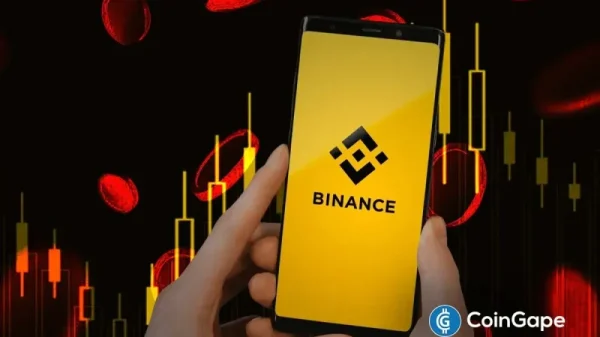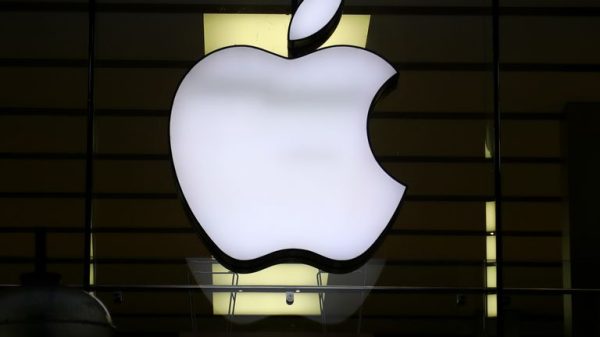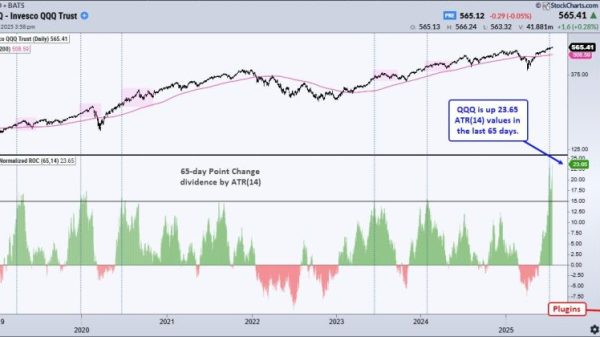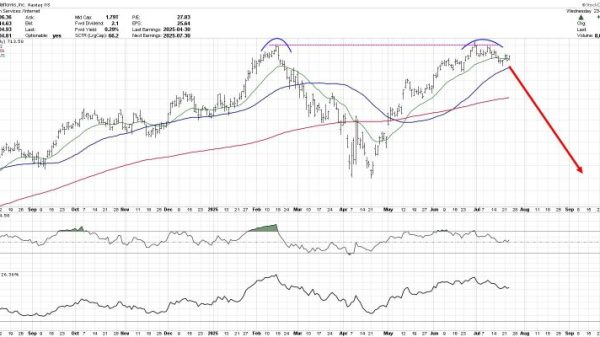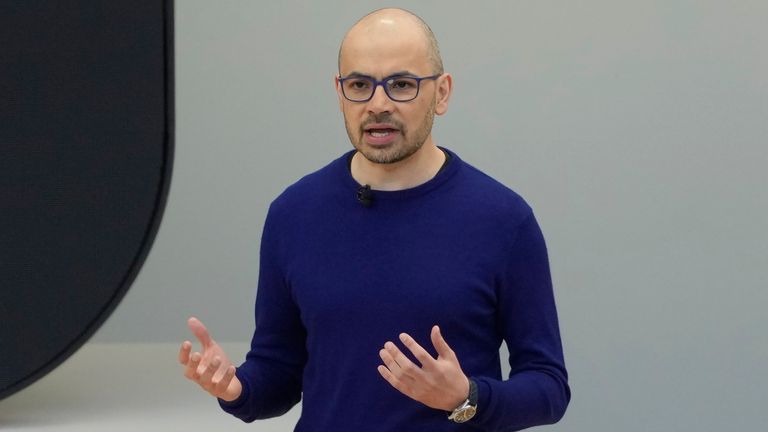Briton Sir Demis Hassabis has been awarded the Nobel Prize for chemistry, jointly with two other scientists.
The trio of Sir Demis, as well as Americans Professor David Baker and Dr John Jumper, were honoured on Wednesday for their work on decoding the structure of proteins and creating new ones.
The research has helped advances across a range of areas including drug development.
Half of the prize was awarded to Prof Baker “for computational protein design”, while the other half was shared by Sir Demis and Dr Jumper “for protein structure prediction”, the Royal Swedish Academy of Sciences said.
Sir Demis, 48, is the chief executive of Google DeepMind, the artificial intelligence (AI) research subsidiary of Google. He studied Computer Science as an undergraduate at Queens’ College, Cambridge, and went on to complete a PhD in cognitive neuroscience at University College London. He also created the videogame company Elixir Studios before co-founding DeepMind.
Prof Baker, 62, is a professor at the University of Washington, in Seattle, while Dr Jumper, 39, also works as a senior research scientist.
Sir Demis and Dr Jumper utilised AI to predict the structure of almost all known proteins, while Prof Baker learnt how to master life’s building blocks and create entirely new proteins, the award body said.
Sir Demis said: “It’s totally surreal to be honest, quite overwhelming.”
After thanking his colleagues, including Dr Jumper, he added: “David Baker, we’ve got to know in the last few years, and he’s done some absolutely seminal work in protein design.
“So it’s really, really exciting to receive the prize with both of them.”
It is the second Nobel Prize awarded this week related to artificial intelligence after John Hopfield and Geoffrey Hinton were honoured in the physics category.
Speaking about AI, Sir Demis said: “That’s always been my passion, but… it’s like any powerful general-purpose technology, it can be used for harm as well if put in the wrong hands and used for the wrong ends.”
The prize, widely regarded as among the most prestigious in the scientific world, is worth 11 million Swedish krona (£810,000).

